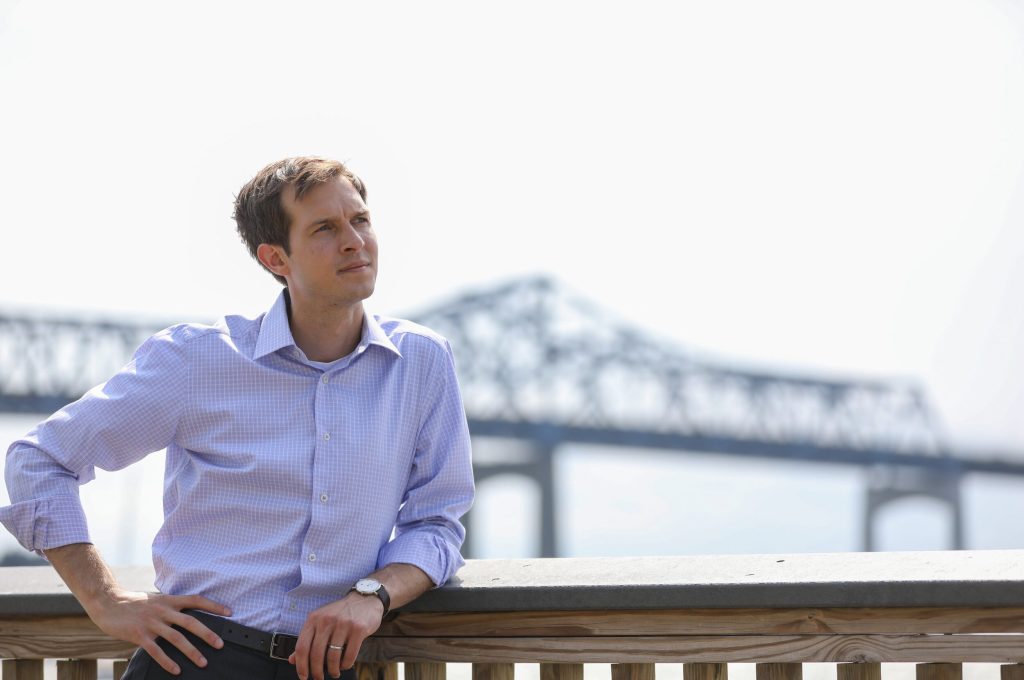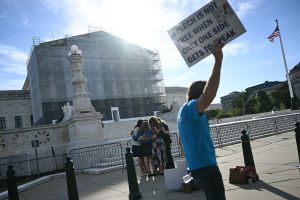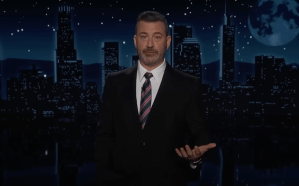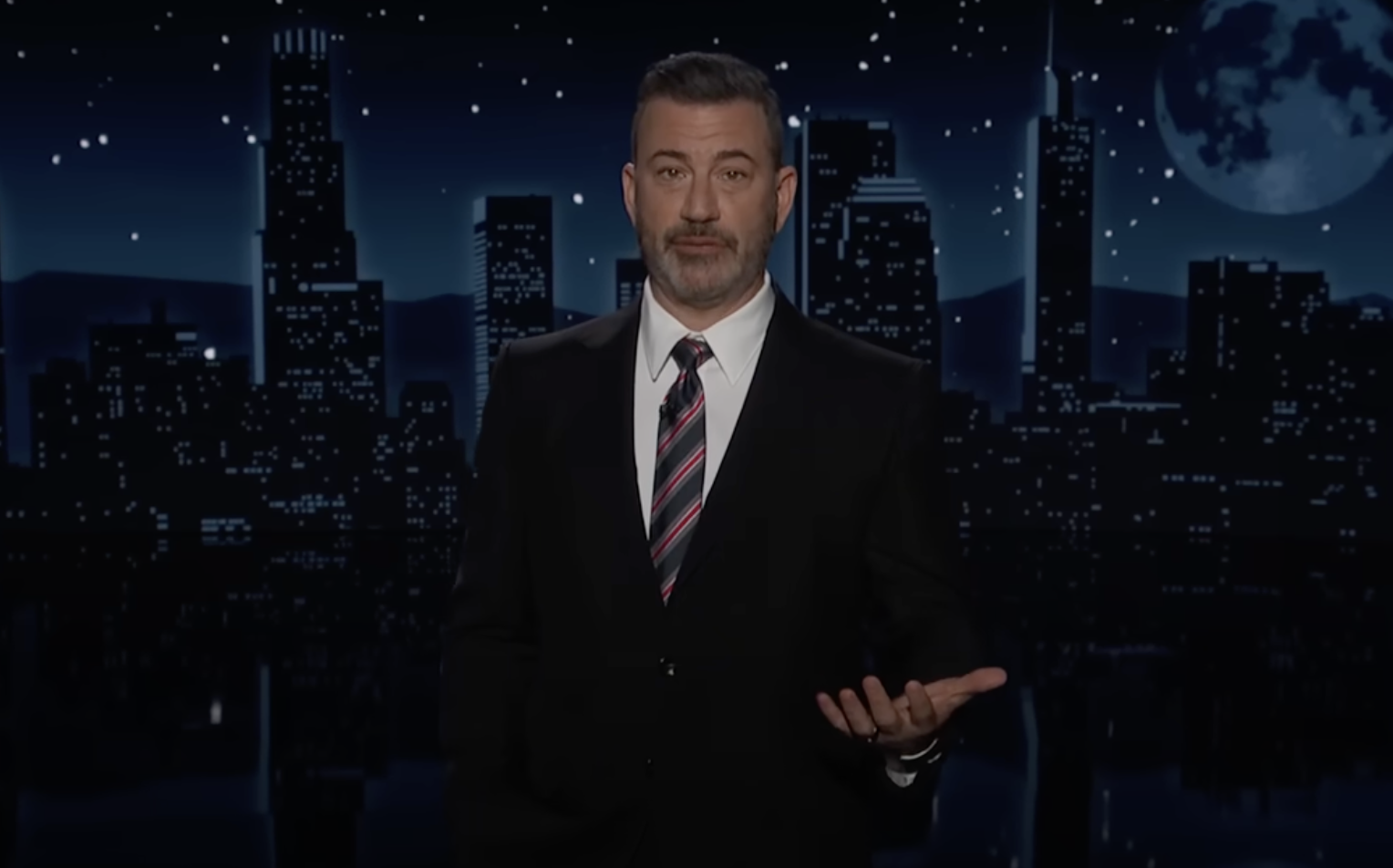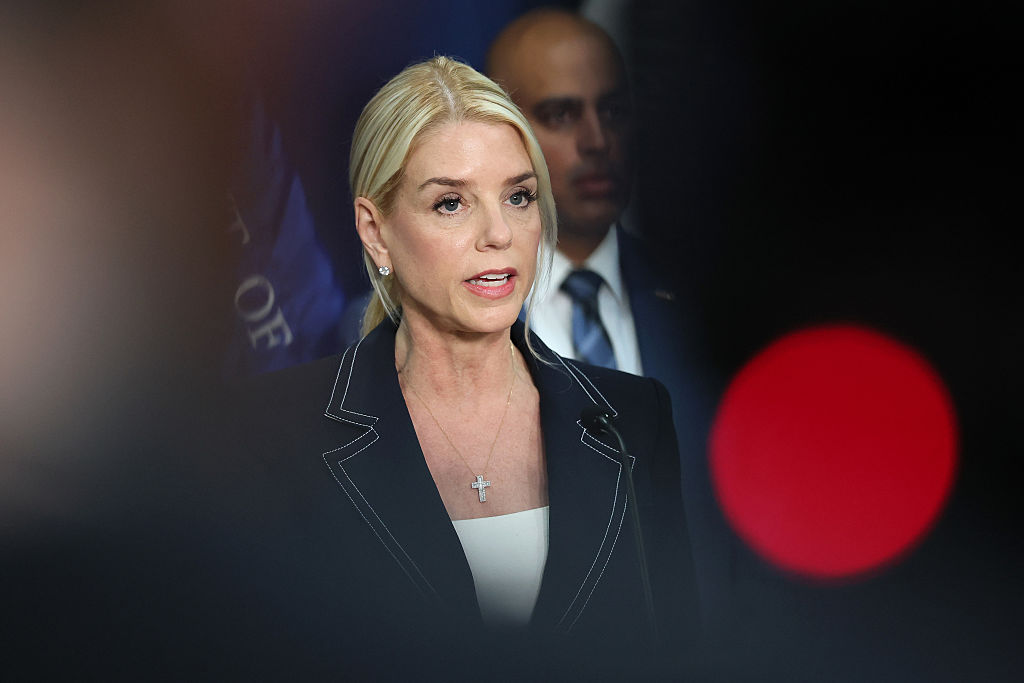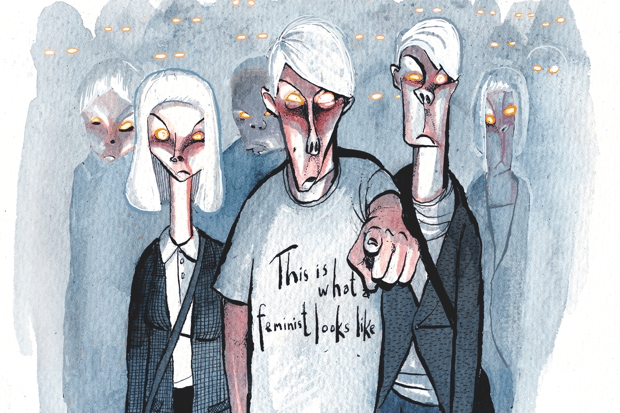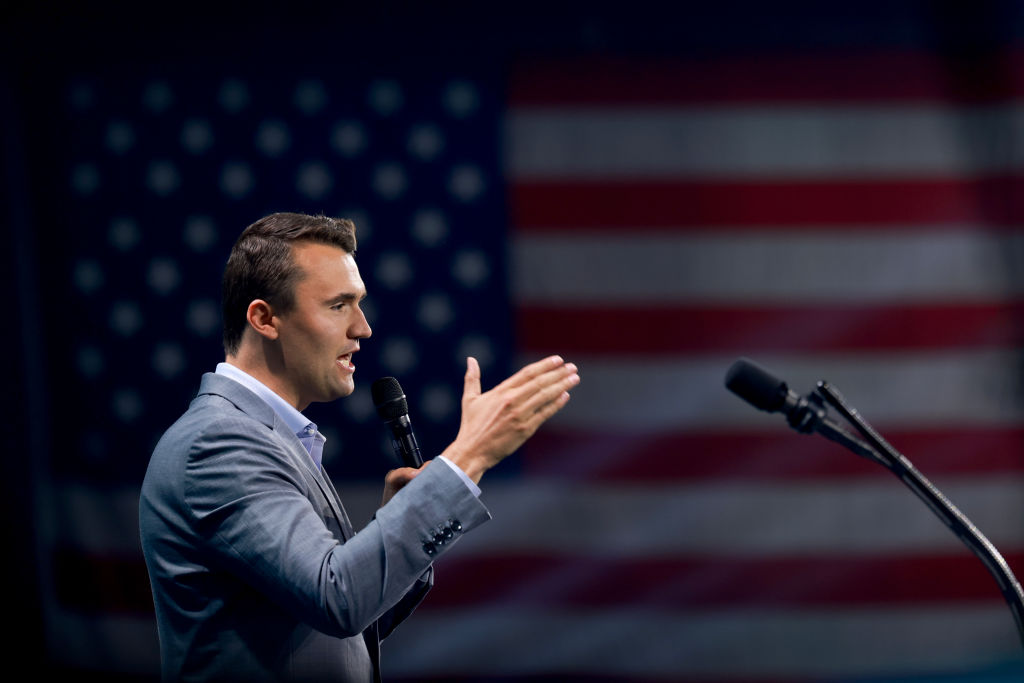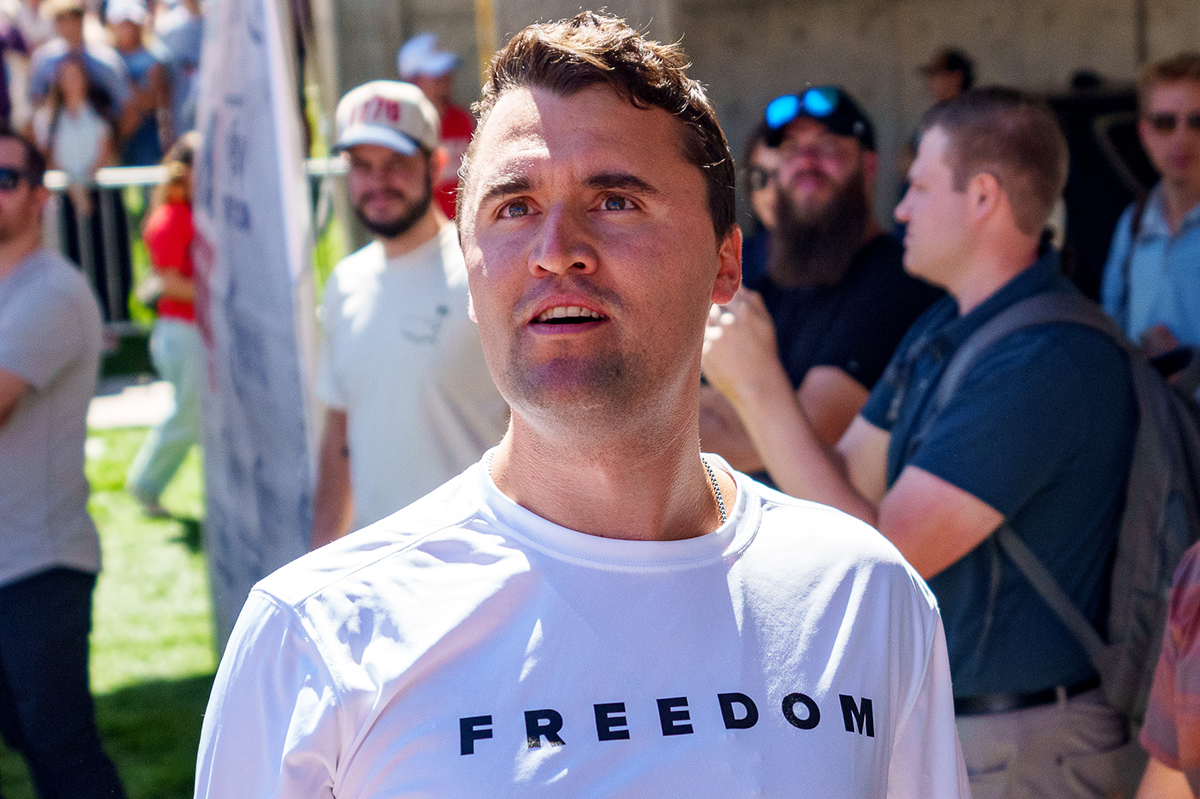I can’t claim to know what Jake Auchincloss was thinking when he asked, 10 years ago, why it was acceptable for Pakistanis to burn the American flag but not Americans to burn the Qur’an. But I can make an educated guess.
Auchincloss, currently front-runner in the race to succeed Rep. Joe Kennedy in the Massachusetts Fourth Congressional District, was a 22-year-old Harvard student when protests erupted across the Muslim world after an American Christian preacher threatened to burn the Muslim holy book. It was the ninth anniversary of 9/11 and Terry Jones wanted to memorialize that somber event in a way sure to attract attention. The holder of an honorary doctorate in theology from an unaccredited California degree mill and author of Islam is of the Devil, he had spent the entirety of his life as a professional anti-Muslim bigot in justified obscurity, delivering sermons to a flock of no more than 30 people each weekend. And that is where he would have remained, until his tweet promising to set the Qur’an ablaze catapulted him into the ranks of international villainy usually reserved for genocidaires, Minneapolis cops or the current President of the United States.
Across the American political spectrum, everyone from Sen. Lindsey Graham to Luke Russert to Gen. David Petraeus condemned Jones. President Obama warned that Jones’s ‘stunt’ could provoke ‘serious violence in places like Pakistan or Afghanistan’, an increase in the ‘recruitment of individuals who would be willing to blow themselves up in American cities or European cities’, and ‘greatly endanger our young men and women in uniform’. Defense secretary Robert Gates went so far as to call Jones to implore him not to go through with the blasphemous deed, and FBI agents paid the fake pastor a friendly visit. It is fair to say that never in the history of the United States has an American citizen’s exercise of his constitutionally-protected First Amendment right to free expression been so roundly denounced by not only the American commentariat, but its military commanders and elected political leadership.
This unprecedentedly wide and severe condemnation, however, had no effect whatsoever on the people for whom the barest of pretexts are necessary for immolating the stars and stripes. Indeed, very little is required to enrage the Pakistani lawyers whose regular flag burnings elicited Auchincloss’s query. Things which in no conceivable way can be laid at the feet of Uncle Sam — like, say, the sacking of Pakistani judges — is apparently enough to rouse these fellows to fits of literally incendiary anti-Americanism. As the date of Jones’s bonfire of the inanities approached, images of angry crowds across the Muslim world moved across the news wires, and it was a photo of said Pakistani lawyers which prompted Auchincloss to post the following on Facebook:
‘So we can’t burn their book, but they can burn our flag?’
The obvious point of this rhetorical question is that, whatever the legality, no one should go about burning anybody’s flags or holy texts; Auchincloss was pointing out the logical and moral inconsistency of those whose tribalism leads them to condemn only one act of desecration and not the other. No fair or honest observer could read the above query and indict him of endorsing the despicable actions of Terry Jones.
To be sure, the rhetoric of the campaign trail is not where we should look for fairness or honesty. But the reaction from Auchincloss’s opponents to this decade-old dorm room rumination is absurd. One denounced it as ‘deeply offensive and divisive’. Another declared ‘There is no room for this kind of hateful rhetoric in the Democratic party.’ A third essentially accused Auchincloss of incitement, proclaiming that ‘the idea of burning the Qur’an is sanctioning the worst kind of hatred’ and ‘has no place in our society’. (Liberal solicitude towards the defilement of religious books is hardly ecumenical. Hardly a peep of protest was heard when left-wing protesters recently torched a Bible — albeit, the New York Times assured us, only as ‘kindling’ — in Portland).
[special_offer]
In no way did Auchincloss advocate ‘burning the Qur’an’. But the faux-outrage serves a purpose beyond damaging a political opponent. It allows those expressing it to avoid addressing what is in fact an entirely valid question, one to which the voters of Massachusetts deserve an answer: why is it acceptable for people to burn the American flag but not the Qur’an?
Since they are clearly not going to get such an answer from Auchincloss — who immediately issued the standard groveling apology, tweeting that ‘as a white man, I recognize that I need to interrogate my own privilege’ — perhaps they might consider the observation made at the time by Supreme Court Justice Stephen Breyer. In an interview with Larry King, Breyer, an Army veteran, recalled how the sight of the American flag being burned during the Vietnam War triggered ‘a physical reaction of repulsion’ in him. Yet such are the burdens of living in a free society. ‘We protect expression that we hate,’ he said. ‘You can think what you want.’ That is the message our leaders should send to the Muslim world the next time a citizen exercises his or her Constitutional rights in a way most of us find abhorrent.
And how refreshing it would have been for Auchincloss to tell his critics that, not only was the question he asked a legitimate one 10 years ago, but that their responses prove why it’s even more relevant today.



